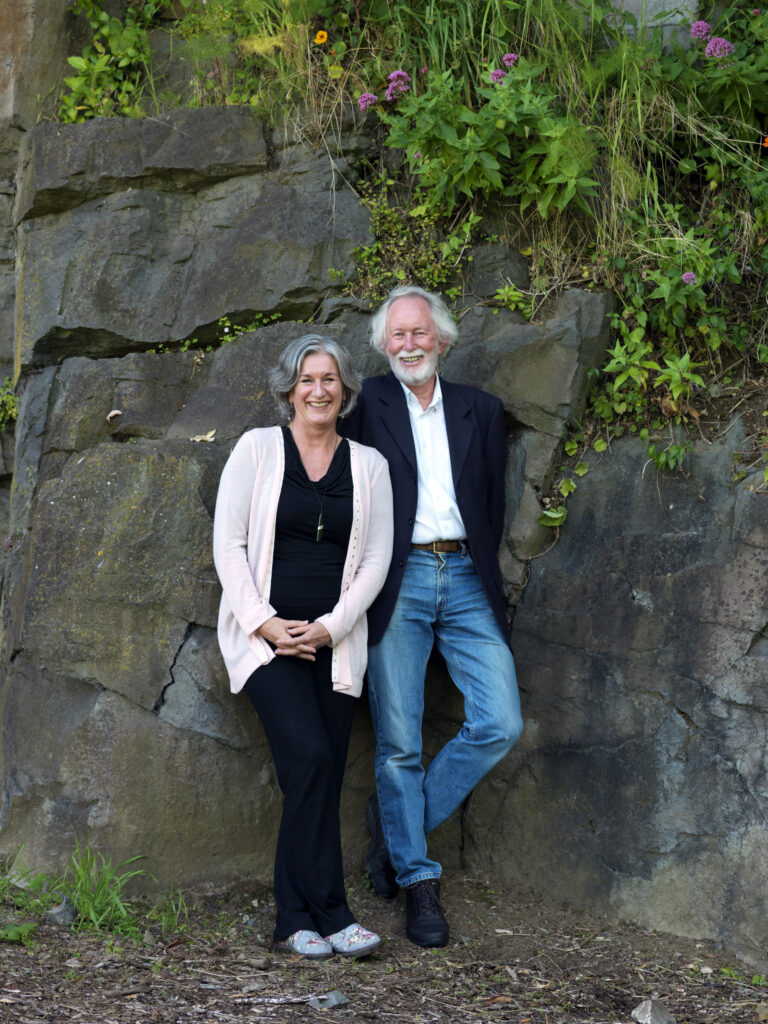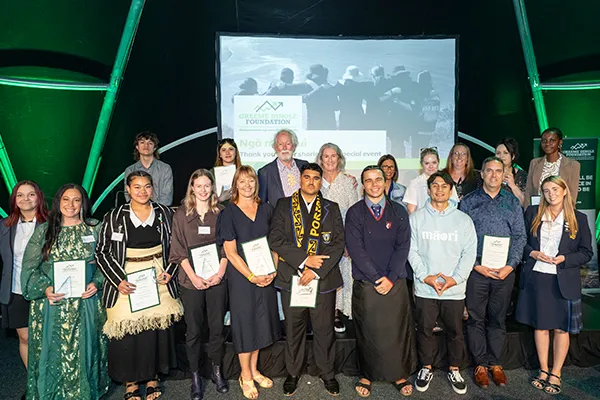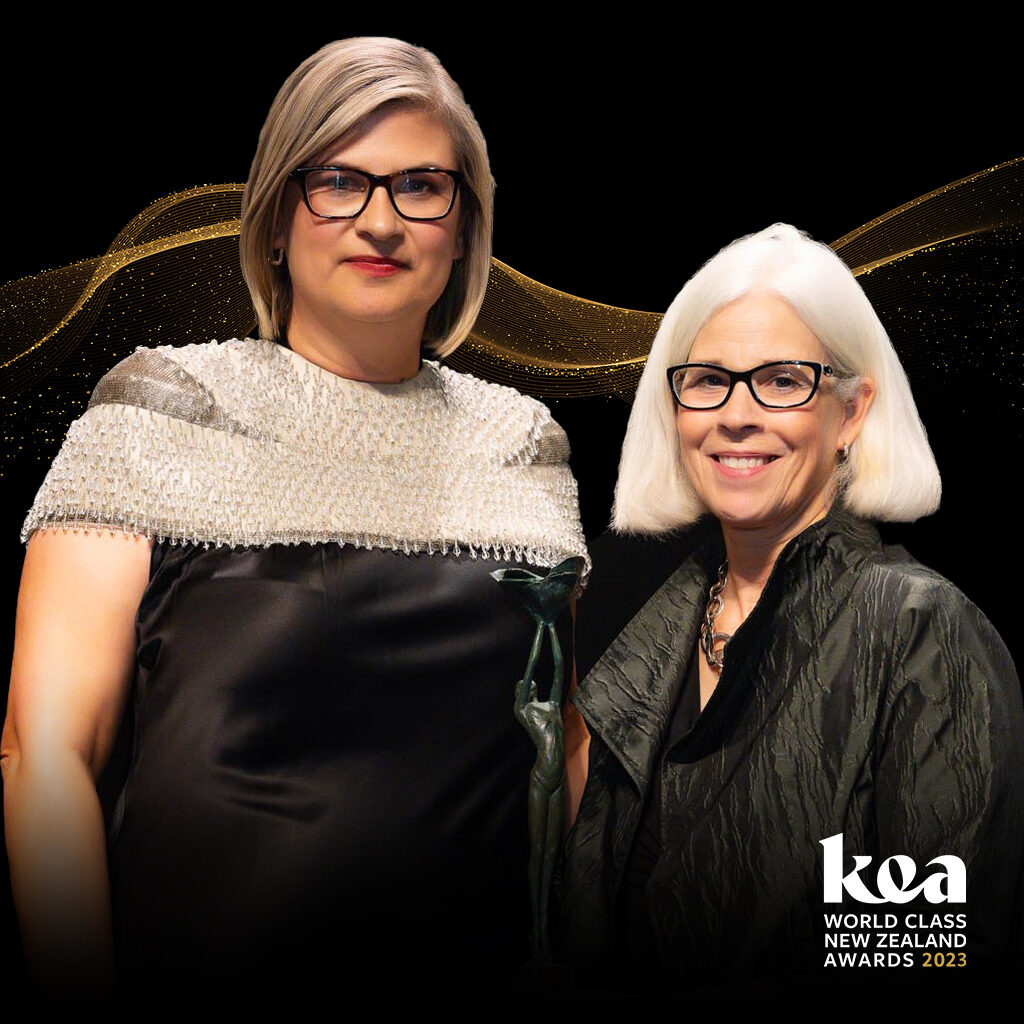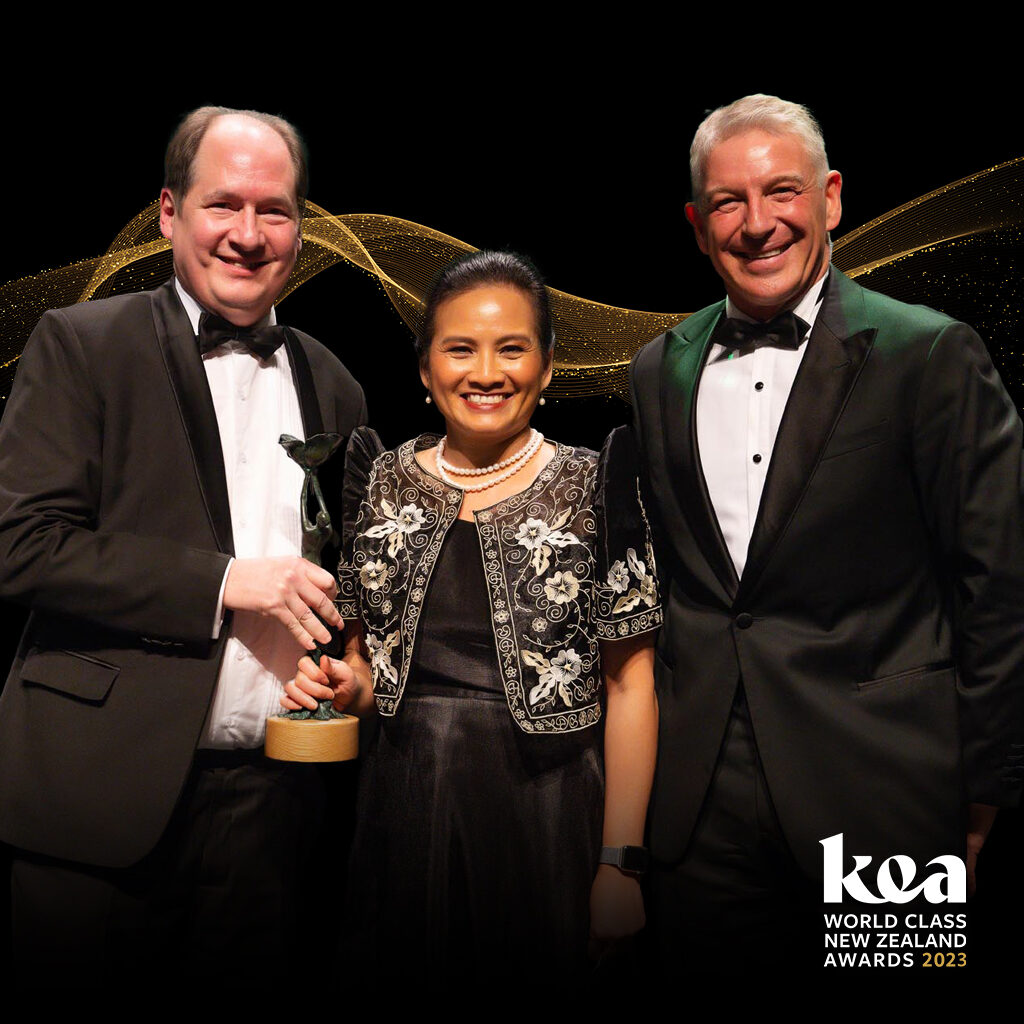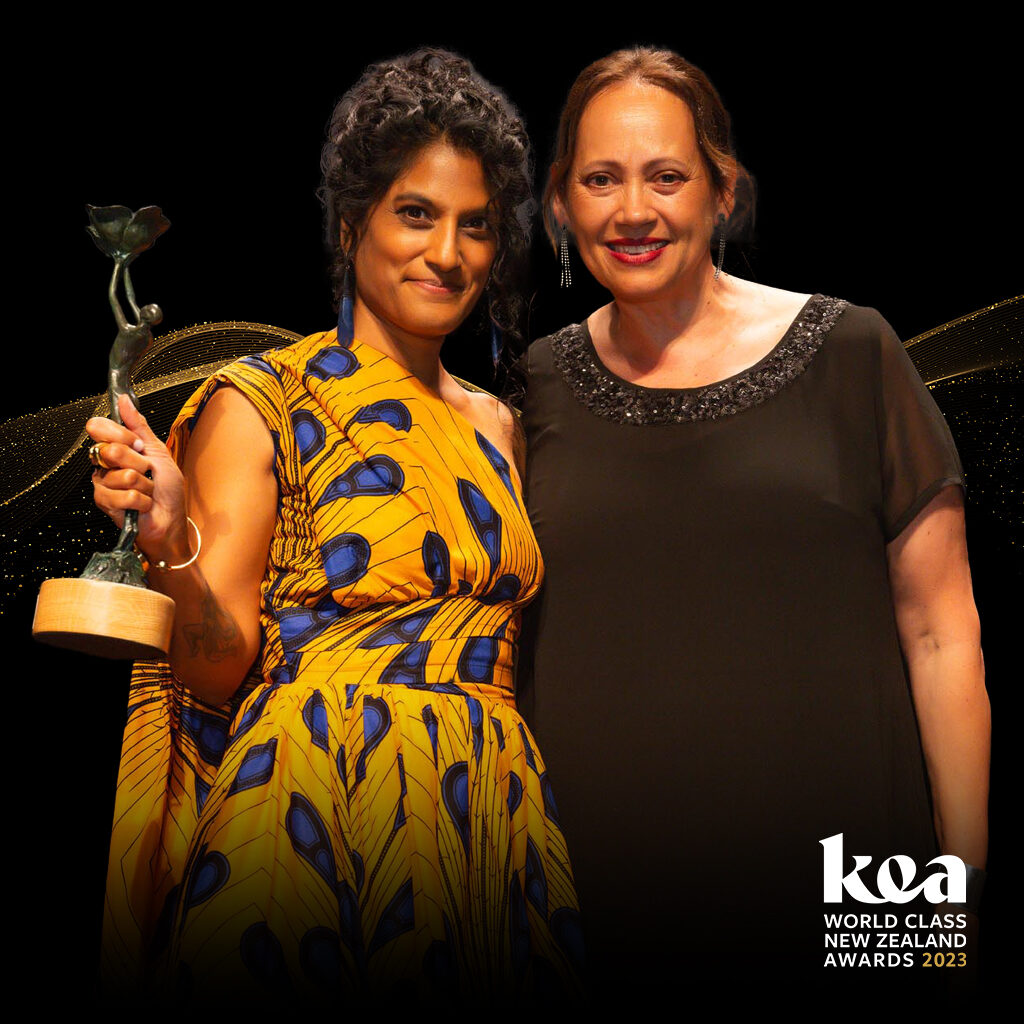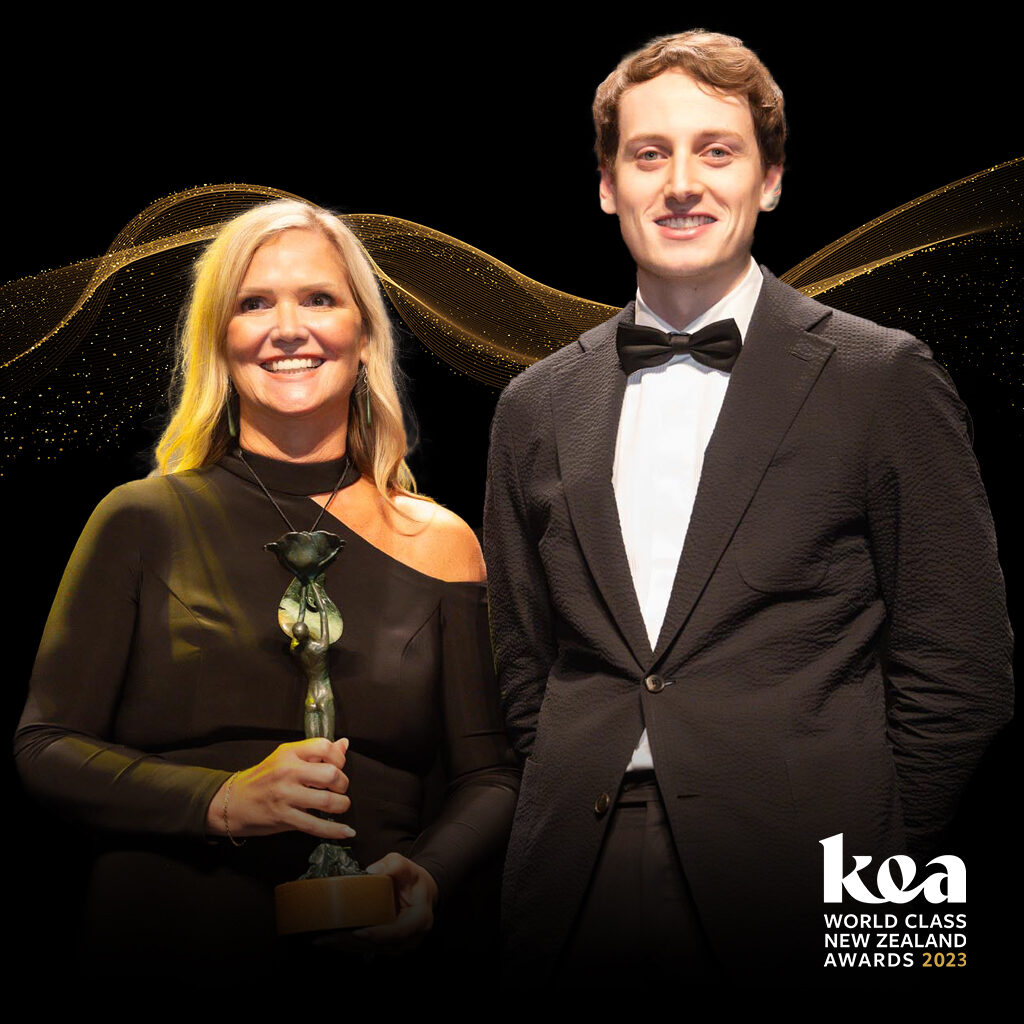Unlike Kea Connect, which offers short-term connections to support the growth of Kiwi export businesses, the Kea World Class New Zealand Mentoring Programme provides long-term mentor relationships to New Zealand based Kiwi business people at a range of stages.
Kea Global CEO, Toni Truslove, says Kea is excited to introduce this innovative mentoring program which will inject the fresh global expertise of Kea’s industry leaders into New Zealand’s entrepreneurial ecosystem. This initiative not only amplifies our commitment to broadly fostering entrepreneurship but also strengthens the bonds with our vibrant offshore Kiwi community.
To support this work, Kea is delighted to announce partnerships with The Princes Trust, Ministry of Awesome and The Mentoring Foundation of New Zealand, all of which are experts in delivering impactful mentor programs and provide a natural fit for the strengths of our Kea World Class community.
Kea’s World Class New Zealand community consists of 550 Kiwi who are leading and shaping their industries, raising New Zealand’s profile on the world stage and giving back to their communities.
Kea’s World Class New Zealand mentors will be partnered with young up and coming entrepreneurs to provide global insights, advice and leadership. Our mentors will work closely with their mentees to share their extensive knowledge and support the growth of Kiwi businesses.
For more information please contact:
Kellie Addison
Kea Global Stakeholder Affairs Director
E: [email protected]
M: 021897548
About Kea
Kea is New Zealand’s expat network. Our community consists of around half a million Kiwi and spans 185 countries. Every year we support around 500 New Zealand export businesses to grow and expand offshore and foster more than 1500 connections between Kiwi globally every year.

 MENU
MENU

